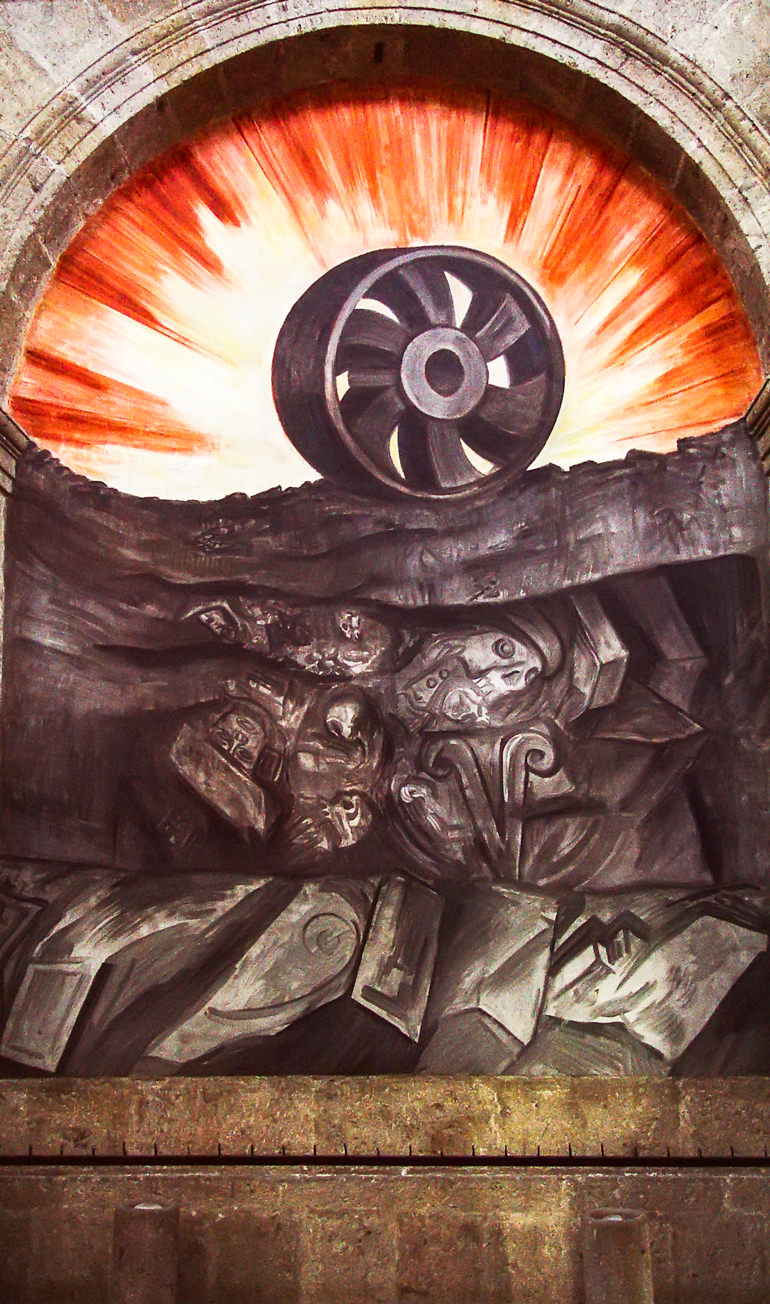Let’s Not Normalize This Thing Called ‘Terrorism’: A Conversation With Sohail Daulatzai
By Aura Bogado
Excerpt from The Nation
Last Tuesday, I was looking forward to a lecture at Riverside Church featuring Sohail Daulatzai on black, Muslim, South Asian, Latino and Third World international movements. Daulatzai teaches at UC Irvine, and his new book, Black Star, Crescent Moon: The Muslim International and Black Freedom Beyond America, frames the black freedom movement in an international context, deeply linked with what he terms the Muslim Third World. The Boston bombing had happened the day previously, and by Tuesday, the media were spinning in high gear and demonizing Muslims—and I could think of no better time to hear Daulatzai respond to the moment with a historical analysis. But regrettably, the event was postponed to quell any potential backlash. Since I couldn’t hear Daulatzai speak, I decided to engage him in a conversation that might help us understand why it’s critical for people of color to remain vigilant of all that’s transpired the past week.
Aura Bogado: First of all, I wanted to talk to you about the postponement of Tuesday’s event. It’s not at all isolated; I suspect we’ll start to hear more about the ways in which Muslims have had to take cover, and even think twice about attending prayer service, for example. Can you talk about the climate that essentially demands that some of us modify our behavior—which is really another way of demanding we modify our politics?
Sohail Daulatzai: The postponement of Tuesday’s event here in New York was deeply unfortunate, but it reflects how for many of us, for Muslims, immigrants, black folk, communities of color doing grassroots work and trying to make global connections, the pressures that we’ve been feeling have been very real, and they serve to silence debate. Just at the moment when we need to be having these conversations, we’re silenced once again, whether it’s those doing work in the mainstream, or others doing more critical work. It’s deeply disturbing, but unfortunately it’s not new, because the root sources of violence endure.
AB: How do think that this will play out for communities of color in the short run and in the long run?
SD: For communities of color, in terms of how we imagine ourselves, I think some of us fail to see ourselves in relationship to racist state practices. For many communities of color in the mainstream, in the left-of-center and even also in the far-left, we can’t pretend to be immune to these racist state practices, and think that by buying into the logic of “antiterrorism” or “anticrime,” that we’re part of the solution. We can’t fool ourselves, because by doing that we become part of the problem, and ultimately mouthpieces and ventriloquists for white supremacy, imperial war and the crackdown on communities of color.
Originally published on 04.22.2013 in The Nation.

